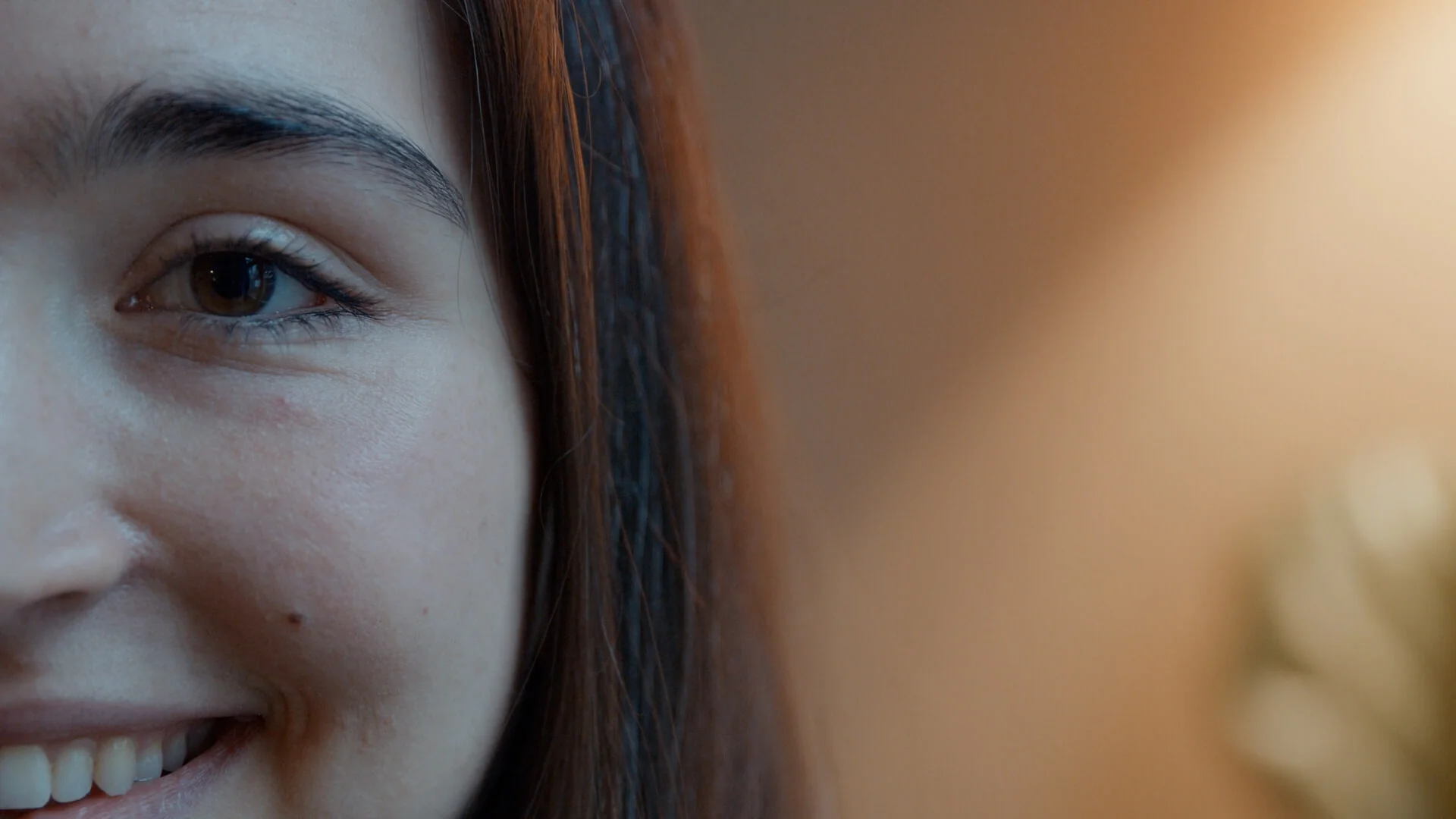
“Codependency is not about a relationship with an addict, it is the absence of relationship with self”.
This is how author Terry Kellogg defines co-dependency in his book, Broken Toys Broken Dreams.
If you think that you or someone you love may be suffering from co-dependency but unsure of what it is, continue reading as you will be able to determine what the signs and symptoms of this addiction is and how it can be treated.
What is Co-Dependency?
Co-dependency can be defined as an emotional or behavioural condition which affects one’s ability to have a normal and healthy relationship with another person.
In simple terms, it refers to one person helping or caring for another person in a manner that is above the normal limit.
An individual suffering from co-dependency will feel as if they need to be needed, which in turn causes the other individual to become needy. This type of behaviour is known as enabling.
A good way to describe this situation is to picture this scenario:
The enabler (the person benefiting from co-dependent individual) will look past the unusually helpful and caring symptoms of the co-dependent individual, which will stop this person from recovering and getting help.
Signs and Symptoms of Co-Dependency
If you suspect yourself or someone you love to be suffering from co-dependency, look out for these indicators below.
Co-dependent individuals will show an over-the-top sense of responsibility for others, they will confuse the terms ‘love and pity’, most times they will do more than what’s required of them and will show an obsessive need for recognition or approval.
When asserting themselves; the addict will feel guilty, they will feel it is necessary to control others, will exhibit a lack of trust in themselves and others as well as being dishonest.
Co-Dependency Treatment
If you picked up or linked any of the symptoms above to yourself or a loved one, stop what you are doing and seek help.
Co-dependent individuals will deny that they have a problem and look to justify their behaviour by saying the “love the individual so much”.
It’s important that the individual is shown that they have a problem, which will help them to understand that what they are doing is wrong.
There are lots of treatment options available to treat co-dependency, education, group therapy, one-on-one counselling, cognitive behavioural therapy as well as the popular 12 step intervention programmes.
These therapy and counselling methods will centre on ensuring that the individual begins to take care of themselves rather than someone else.
If you are struggling with these types of problems or need more information on how to get yourself or a loved one into treatment, please call us now and we will gladly assist you.